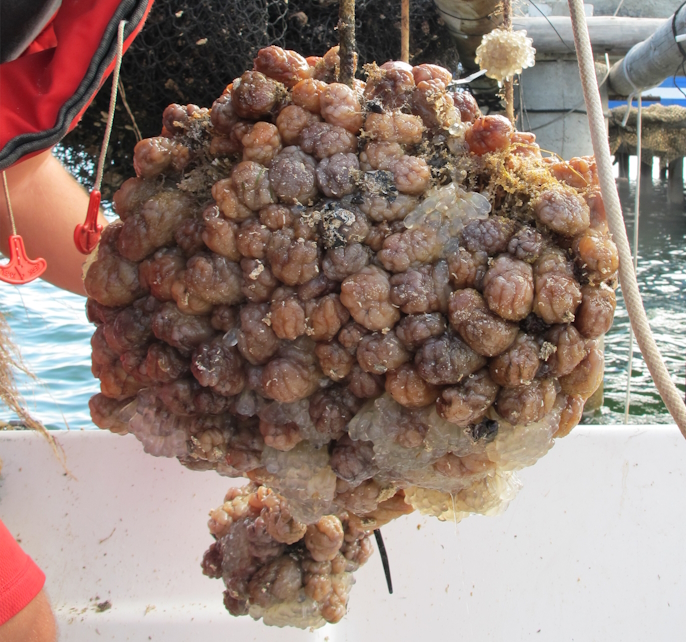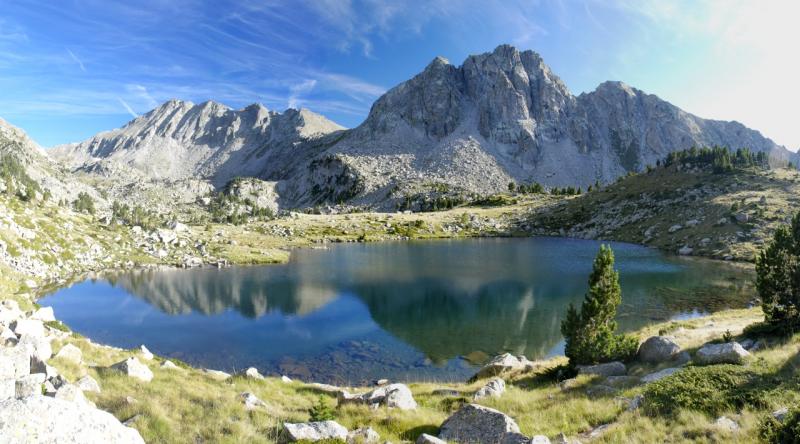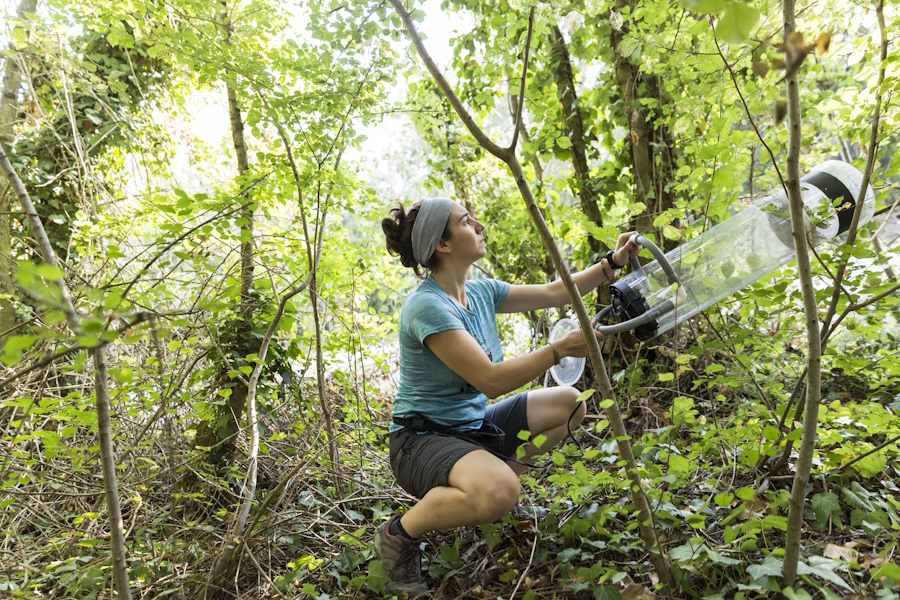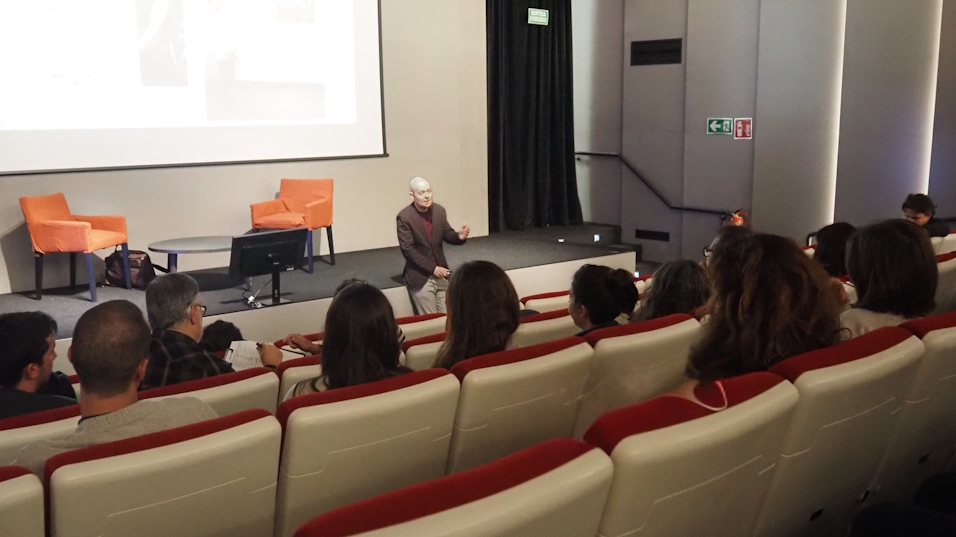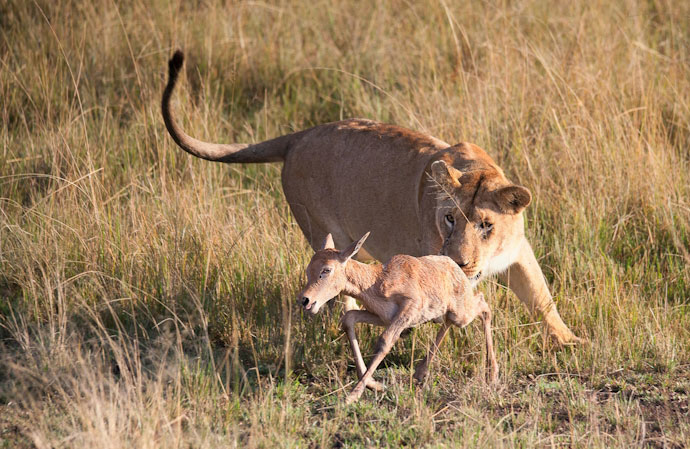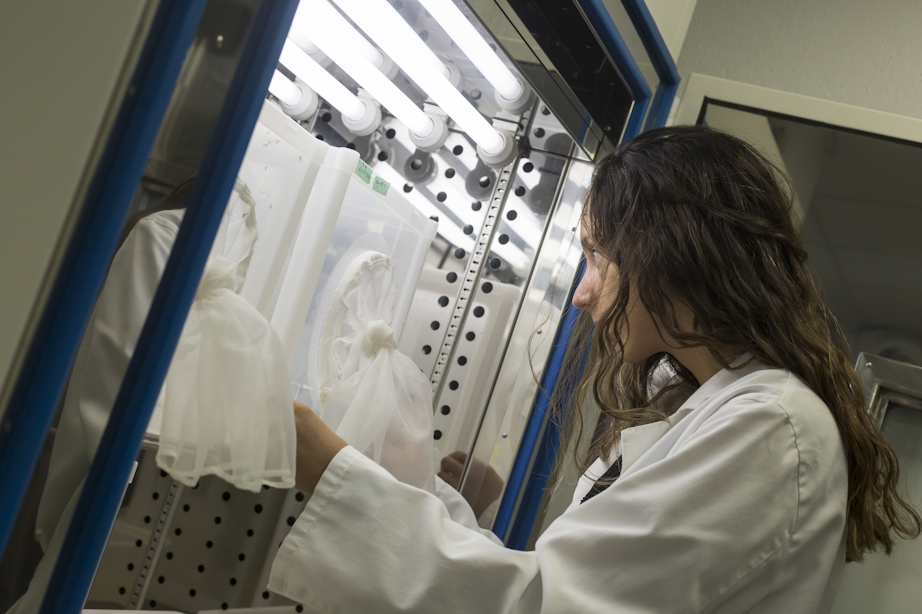Held in South Africa on July 15, 16, and 17. The CEAB-CSIC, with researchers who are experts in this field, is one of the organizers along with the Centre for Invasion Biology at Stellenbosch University.
Activities began this Monday, July 15, with the start of the workshop on ascidians. This is one of the most notable groups of marine invasive species, which often settle and proliferate on artificial structures such as those in ports, growing to the point of overwhelming native species.
Researcher and director of CEAB-CSIC, Marc Rius, is conducting this training (aimed at other researchers and students) which provides keys to identifying different types of ascidians and distinguishing between those native to the environment and those that are foreign.
In the workshop, which will extend until July 17, the expert emphasizes the importance of early detection and a deep understanding of the characteristics and life cycles of invasive species so that action can be taken quickly to halt their spread, thereby preserving the balance of the ecosystems they invade.
Parallel to this course, on July 16 (also at Stellenbosch University in South Africa), the same researcher will give a talk titled “Transport of Species by Humans and Global Redistribution of Marine Biota”, highlighting the need to study invasive species, about which much is still unknown, in order to tackle the current biodiversity crisis.
In this regard, Rius underscores the relevance of disciplines such as taxonomy, while also utilizing cutting-edge techniques like environmental DNA analysis to be as resolute and effective as possible in this field. The expert also addresses biogeography, the distribution of species in seas and oceans, and discusses some specific research projects that are making significant contributions to the detection, monitoring, and control of exotic invasive species.
Finally, on July 17, in Cape Town, a round table is scheduled, moderated by Marc Rius himself. Researchers from various South African universities will analyze the past and present of the country’s coast, listing the changes that the South African coastline has undergone. The event will take place at the Two Oceans Aquarium in Cape Town.
All activities are supported by the Spanish Embassy, the Association of Spanish Scientists in South Africa, and the Ramon Areces Foundation.

